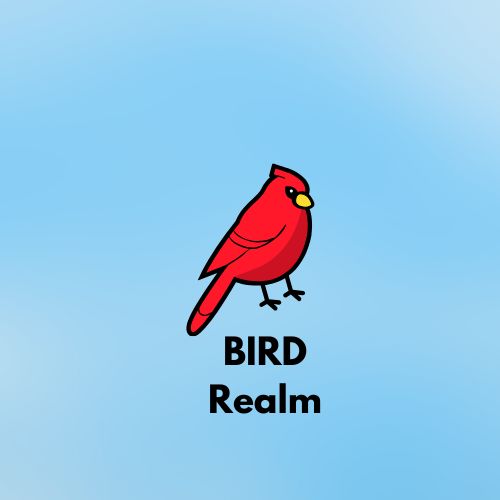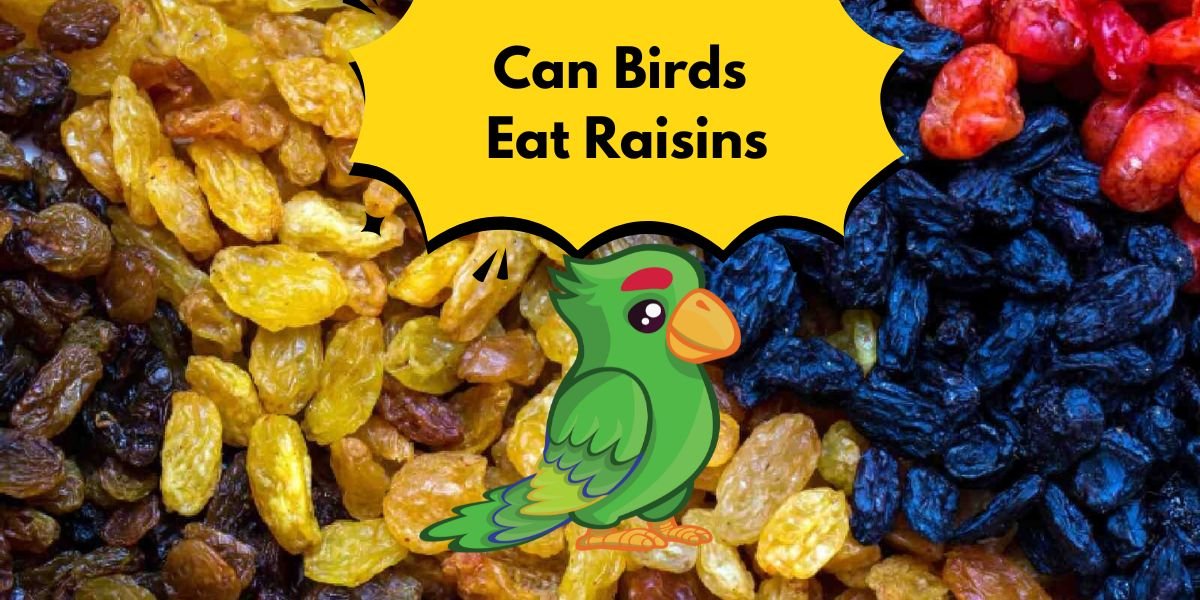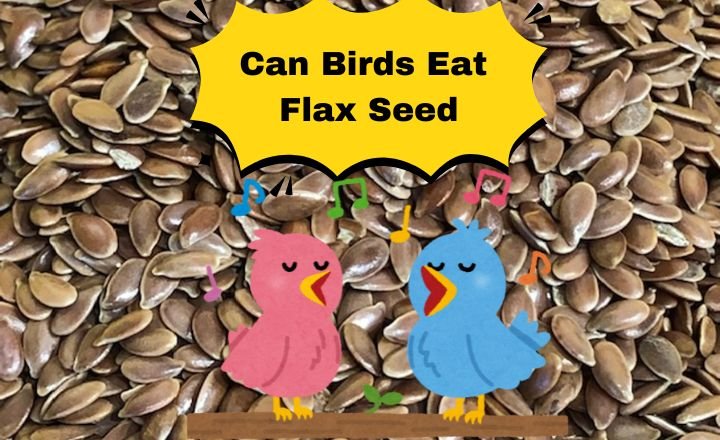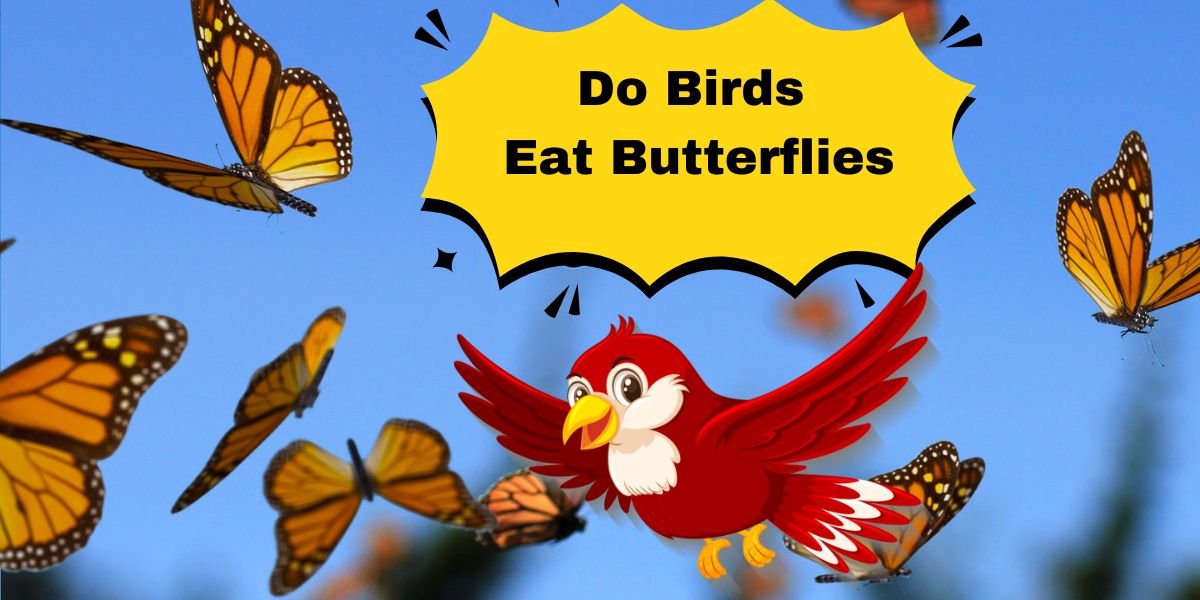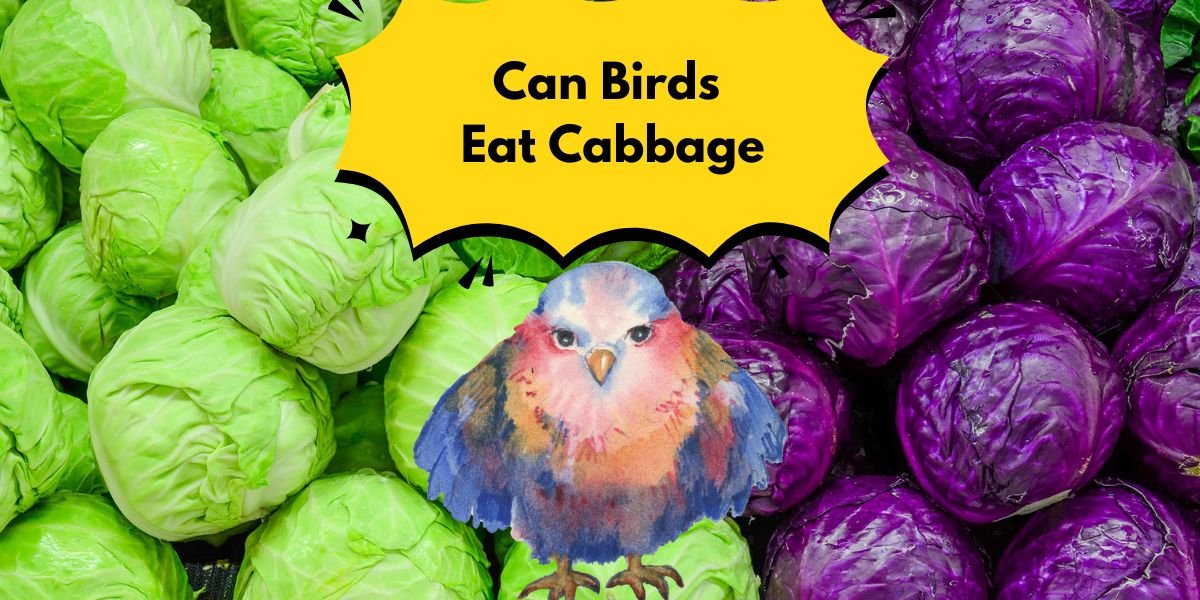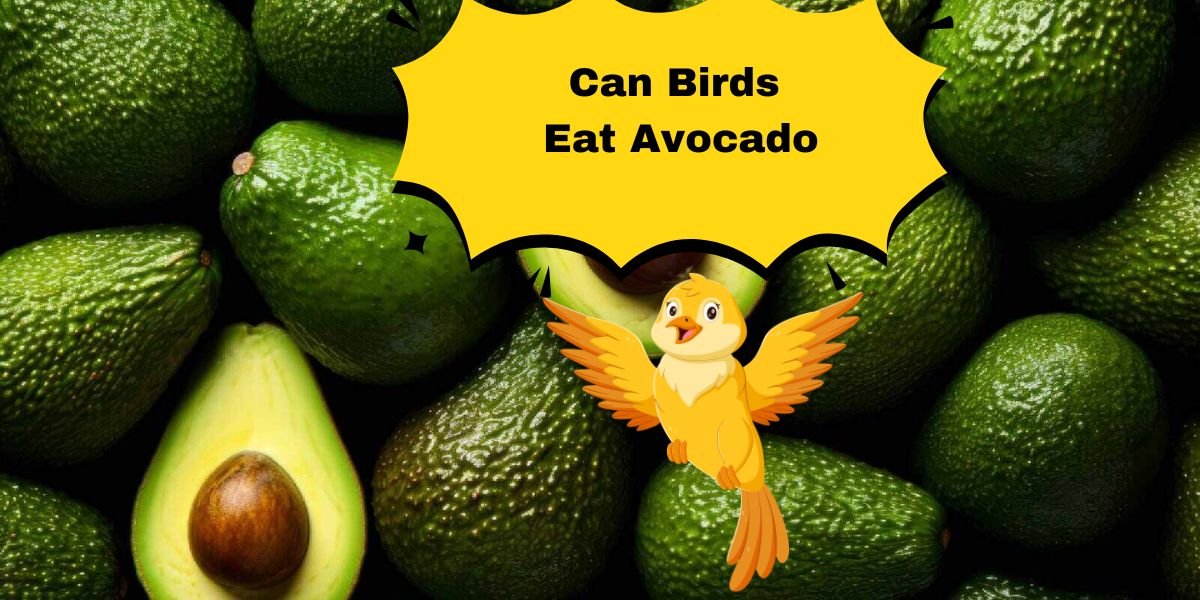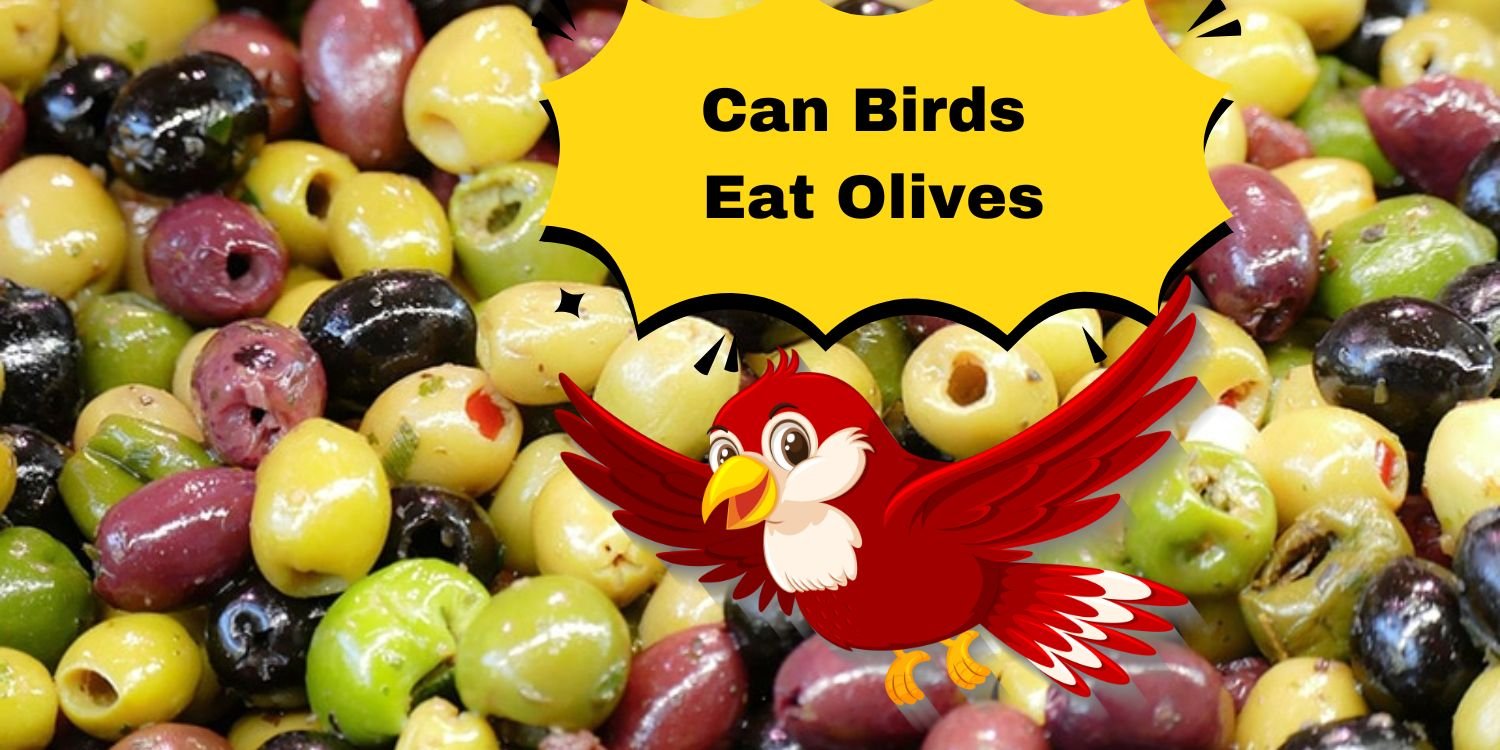Can Birds Eat Raisins?
As the sun rises and casts a golden glow over your backyard, you may find yourself mesmerized by the fluttering of colorful feathers—birds dancing from branch to branch, each one a tiny marvel of nature.
With their curious personalities and vibrant songs, these avian visitors often leave us wondering about their diets and preferences. One question that frequently arises is: can birds eat raisins? While it’s easy to assume that our feathered friends share similar tastes with humans, the reality is much more nuanced.
In this guide, we’ll explore the intriguing world of bird diets and discover whether these sweet dried fruits are a delightful treat or a potential hazard for our winged companions. From understanding the nutritional benefits of raisins to uncovering any risks associated with feeding them to birds, we’ll equip you with essential knowledge for creating a safe and enjoyable feeding experience. So, let’s dive into this topic and uncover the truth behind those wrinkled little morsels!
Which Birds Enjoy Raisins?
Raisins, with their sweet and chewy texture, can be an enticing treat for a variety of birds. Many backyard bird enthusiasts have discovered that offering raisins is not only a delightful way to attract feathered friends but also provides them with a nutritious snack.
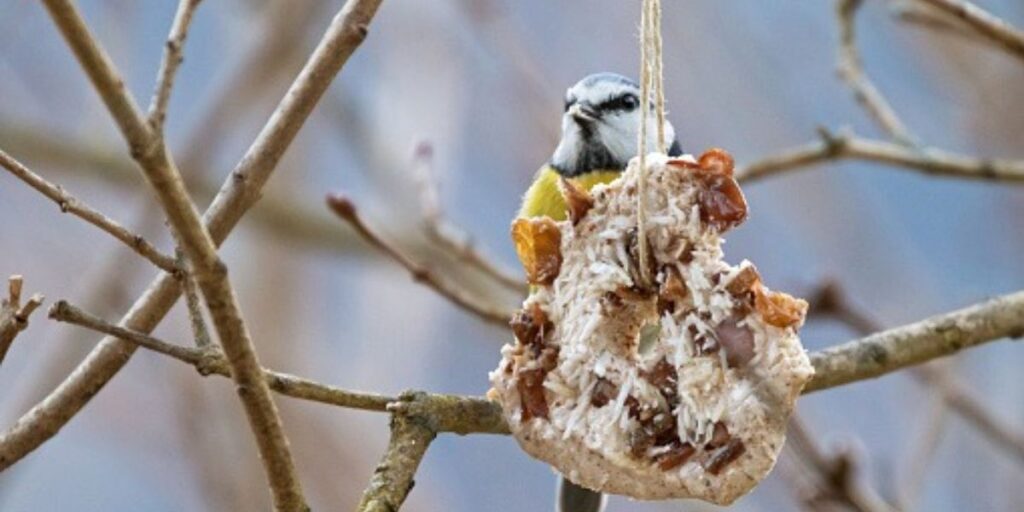
Among the species most likely to indulge in these dried fruits are wrens, robins, and cardinals. These birds have keen taste buds that seek out sugars and flavorful morsels in their diets, making raisins an appealing option.
Can Birds Eat Sultanas?
Many species can enjoy this dried fruit in moderation. Sultanas, being essentially dried white grapes, provide a sweet treat that’s high in sugars and some vitamins. while they may be delightful for our feathered friends, it’s crucial to limit their intake due to the high sugar content.
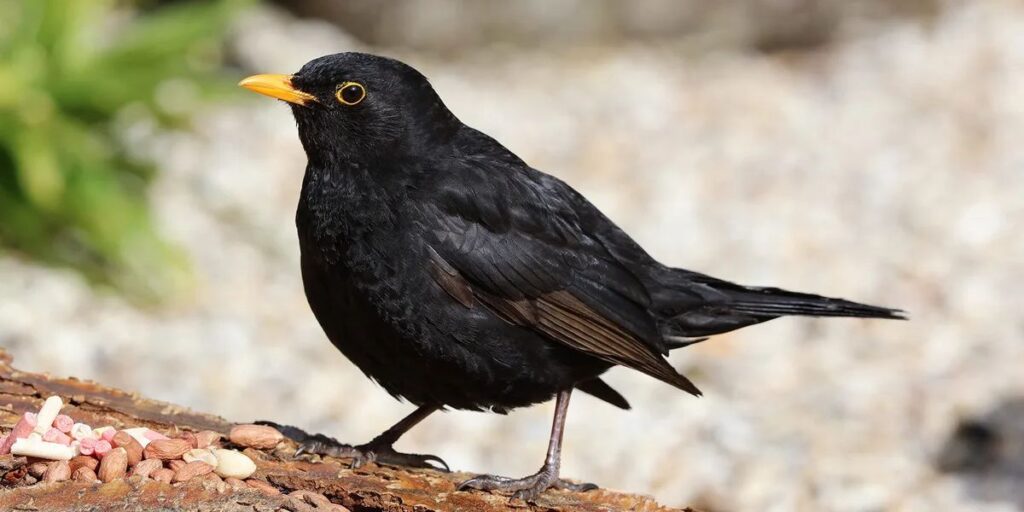
Another important consideration is preparing sultanas properly before offering them to birds. Soaking the dried fruit briefly in water can soften it and make it easier for birds to consume. it’s wise to monitor which types of birds are enjoying these treats; not all species have the same digestive capabilities.
Smaller birds such as finches and sparrows might thrive on a diet with occasional sultanas, while larger species or those prone to obesity could benefit from a more balanced approach that includes a variety of seeds and fresh fruits alongside these sugary morsels.
How to Serve Raisins to Wild Birds
Raisins are nutritionally beneficial for birds because they provide natural sugars and antioxidants that boost their energy levels, especially during migration or breeding seasons. When offering raisins, ensure they are unsweetened and free from additives to keep our avian companions safe.
A creative approach is to soak the raisins in water for a few hours before serving them. This not only makes them plumper and easier for birds to consume but also helps hydrate our feathered friends during dry spells. You can sprinkle the soaked raisins on a platform feeder or mix them into birdseed blends—ideal for attracting species like wrens, finches, and jays.
- Soak the Raisins
- Mix with Other Foods
- Use a Suitable Feeder
Soak the Raisins
Soaking raisins is a simple yet transformative step that can enhance their flavor and texture, making them a delightful addition to various dishes. When you soak raisins in water or juice, they plump up, absorbing moisture and creating a burst of sweetness with each bite.
This process not only makes them easier to chew but also intensifies their fruity flavor, which can elevate everything from oatmeal to baked goods. For those experimenting with homemade energy bars or granola mixes, soaked raisins provide an added layer of richness that dry alternatives simply cannot match.
Mix with Other Foods
Mixing raisins with other foods not only enhances their nutritional value but also creates culinary opportunities that birds may love. For example, combining dried raisins with nuts offers a delightful texture contrast and boosts protein content.
This makes for a perfect snack blend that can appeal to various avian tastes. You could also experiment by mixing raisins into homemade birdseed cakes or suet, introducing sweetness and inviting more feathered friends to your garden.
Use a Suitable Feeder
Many birdwatchers wonder about options outside traditional seeds—like raisins—which can be a delightful treat when offered appropriately. If you decide to include raisins in your birds’ diet, using a mesh or tray feeder helps ensure that these fruits remain hygienic and accessible without spoiling quickly.
Adjusting your feeding strategy based on seasonal changes can also maximize engagement; offering dried fruit in winter provides essential energy during colder months when other food sources are scarce.
Be Careful Around Dogs
Some people might think they can approach any dog they see without fear, it’s essential to consider each dog’s unique background and temperament. Dogs that have experienced trauma or been improperly socialized may require extra caution.
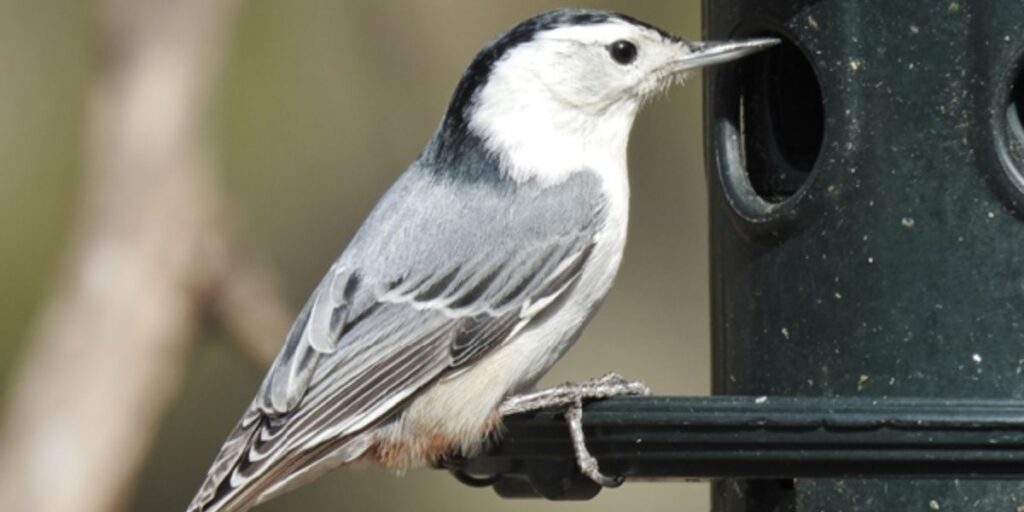
Educating ourselves about proper introductions—like allowing the dog to approach first or asking the owner for permission before petting—can make a world of difference in creating positive experiences for both humans and dogs alike. Taking these simple steps ensures that everyone stays safe while fostering the joy that comes from healthy human-animal interactions.
Final Words
Birds can safely enjoy raisins as an occasional treat, thanks to their nutritional benefits and appeal. bird owners must ensure that raisins are offered in moderation and prepared appropriately to avoid potential health issues. Always remember to monitor your feathered friends for any signs of digestive distress after introducing new foods into their diet.
By providing a balanced diet that includes a variety of fruits and vegetables alongside treats like raisins, you can promote the overall well-being of your avian companions. So, consider adding this sweet snack to your bird’s menu and observe how they delight in this tasty addition!
